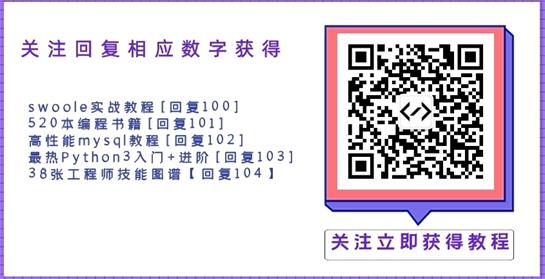故事前要
今天,在做公司的一个项目,需要和第三方公司进行对接,需要将我们采集到的数据发送给第三方公司,按照对方提供的文档,传递好参数后,httpclient.execute(method)请求后,得到的状态码 ,一直是502,犹豫第一次使用HttpClient post json数据,一直怀疑是自己的代码问题,最后不知在哪个技术论坛看到 ,有人问url请求中有空格怎么办,突然发现对方提供的pdf文档中 竟然包含空格,而我天真的无视掉了 以为是文档的问题。
算了…… 不多BB了….
PostMethod请求注意两点:
1、如果使用的是公司的服务器,设置好代理和端口。
2、如果url中有空格,需要使用%20 进行转义。
贴一下我的代码 ,给不会还没用过不会PostMethod请求的萌新们…
HttpClient httpClient = new HttpClient();
String host = (String) BaseConfig.get("host");
String port = (String) BaseConfig.get("port");
httpClient.getHostConfiguration().setProxy(host, Integer.valueOf(port));
PostMethod postMethod = new PostMethod(applyurl);
JSONObject jsonObject = new JSONObject();
jsonObject.put("name",user.getName());
jsonObject.put("phone",user.getPhone());
jsonObject.put("provinceCode",user.getProvinceCode());
jsonObject.put("cityCode",user.getCityCode());
jsonObject.put("buyModelCode",user.getBuyModelCode());
jsonObject.put("dealerCode",user.getDealerCode());
jsonObject.put("url","http:xxx");
String toJson = jsonObject.toString();
RequestEntity se = new StringRequestEntity (toJson ,"application/json" ,"UTF-8");
postMethod.setRequestEntity(se);
postMethod.setRequestHeader("Content-Type","application/json");
//默认的重试策略
postMethod.getParams().setParameter(HttpMethodParams.RETRY_HANDLER, new DefaultHttpMethodRetryHandler());
postMethod.getParams().setParameter(HttpMethodParams.SO_TIMEOUT, 5000);//设置超时时间
int httpStatus = hc.executeMethod(postMethod);
String str=postMethod.getResponseBodyAsString();
T.console("str-------:"+str);
代码很简单,就不过多解释了,最后感谢这个坑爹的文档,又让我学到了一招。
补充:利用HttpClient&PostMethod上传文件和请求参数
我就废话不多说了,大家还是直接看代码吧~
//HttpClient发起请求
public static String sendUrlFile(String url, String jsonstr) {
String result = "";
try {
HttpClient httpclient = new HttpClient();
PostMethod post = new PostMethod(url);
FilePart filePart = new FilePart("file", new File("/root/桌面/文档/记录.txt"));
filePart.setCharSet("utf-8");
post.getParams().setParameter(HttpMethodParams.HTTP_CONTENT_CHARSET, "utf-8");
//Part数组装需要传第的参数和文件等
Part[] parts = {new StringPart("username",jsonstr , "utf-8"),filePart};
MultipartRequestEntity entity = new MultipartRequestEntity(parts, post.getParams());
post.setRequestEntity(entity);
int code = httpclient.executeMethod(post);
//拿到响应结果
result = new String(post.getResponseBody(), "UTF-8");
//可释放连接
post.releaseConnection();
return result;
} catch (HttpException h) {
LOGGER.error("cause HttpException:" + h.getMessage());
} catch (Exception i) {
LOGGER.error("发送请求错误: url cause IOException:" + i.getMessage());
}
return "";
}
//接收请求服务器端 参数需要和发送端一致
@ResponseBody
@RequestMapping(value = “/login”)
public JsonResult revice(@RequestParam(“file”) MultipartFile file,@RequestParam(“username”)String username) throws IOException{
InputStream in = file.getInputStream();
OutputStream out = new FileOutputStream("/root/桌面/ok.txt");
byte[] bs = new byte[1024];
int len;
while(-1 != (len = (in.read(bs)))){
out.write(bs);
}
JsonResult json = new JsonResult();
System.out.println();
json.setResult(“ok”);
return json;
}
以上为个人经验,希望能给大家一个参考,也希望大家多多支持自学编程网。如有错误或未考虑完全的地方,望不吝赐教。

- 本文固定链接: https://zxbcw.cn/post/204514/
- 转载请注明:必须在正文中标注并保留原文链接
- QQ群: PHP高手阵营官方总群(344148542)
- QQ群: Yii2.0开发(304864863)
